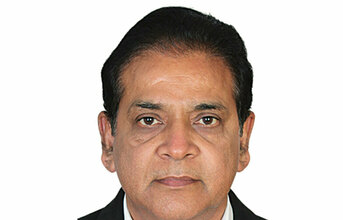
Briefly tell us about ElringKlinger Automotive Components' journey so far
ElringKlinger Automotive Components India Pvt. Ltd. is a 100 percent subsidiary of ElringKlinger AG. It was set up in 2008 at MIDC Ranjangaon on the Pune-Ahmednagar highway to manufacture automotive components, principally for Automobile companies in India. Since its inception, ElringKlinger India has grown rapidly and its customers' list includes most of the major automobile companies in India. With rapid growth in volume of sales and addition of new businesses in its portfolio, ElringKlinger India doubled its plant size undergoing a major expansion
drive in 2015. Several new state-of-the-art facilities have been added in recent times to not only meet the market demands with respect to quality and quantity, but to create a niche position for itself in the global automotive industry.
What has been the biggest challenge in the Indian market and how are you overcoming the same?
Let me put it this way: the challenges in the Indian market are multi-dimensional. The prevailing perception about India in general and India-based manufacturers in particular is of cheap labour, therefore, cheaper product price and low on skill and expertise, therefore lower trust levels. One cannot deny that these are correct perception to a large extent. The skilled work-force is in short supply, as rightly pointed out by our Prime Minister when he embarked on the mission of "Skill India". The quality and number of trainers and training institutions needs to rise. In order to address this concern, we hire at entry level, provide training for at least one year, and put them under the mentorship of senior employees.
Attitude and aptitude of workmen is also responsible to some extent, because in India the blue-collar desires to change into white-collar at the earliest opportunity, in other words we are happy to be supervisors and managers rather than developing skills and expertise.
(Continued on next page)



























